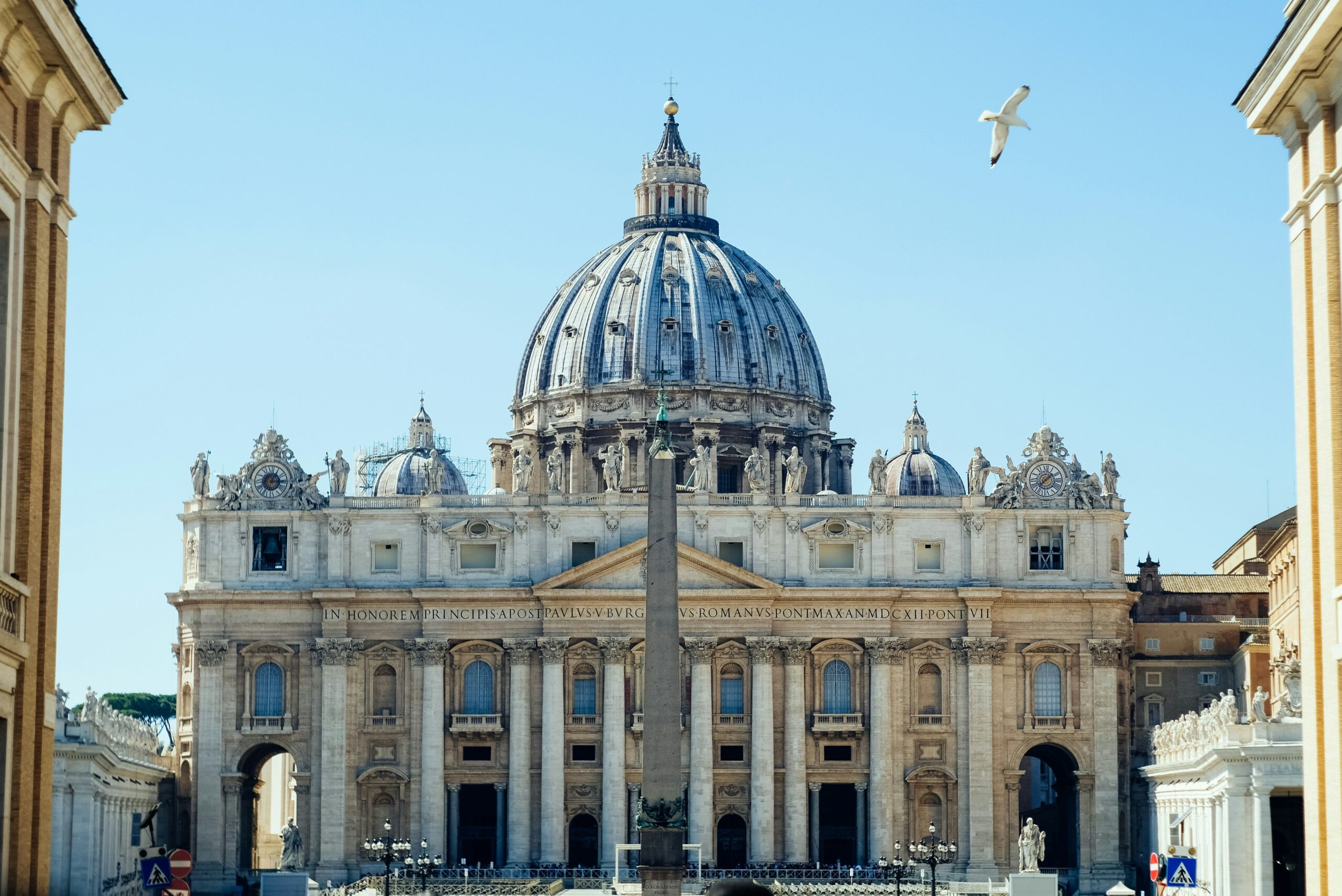With Pope Francis now laid to rest, attention in Rome and around the world turns to the next critical chapter: the election of a new pope. On Chicago’s Morning Answer, Dan Proft and Amy Jacobson spoke with George Weigel, distinguished senior fellow at the Ethics and Public Policy Center and renowned biographer of John Paul II, about what lies ahead for the Catholic Church.
Weigel, speaking from Rome, reflected on the significance of Pope Francis’s funeral, noting the event’s smaller scale compared to John Paul II’s, but still a profound display of the Church’s global reach. Leaders from around the world attended, including Ukraine’s President Volodymyr Zelensky, highlighting the Church’s enduring influence in international affairs.
Turning to the conclave, Weigel emphasized its primary purpose: to shield the selection of the pope from outside political interference. This conclave will feature the largest and most diverse group of cardinal electors in Church history, with 134 expected to participate when voting begins on May 7. The process, governed by centuries of tradition, will require a two-thirds majority to elect the next pope.
When asked about potential frontrunners, Weigel mentioned names such as Cardinal Pietro Parolin, the Vatican’s Secretary of State, and Cardinal Péter Erdő of Budapest. He also pointed to lesser-known figures like Cardinal Willem Eijk of the Netherlands and Cardinal Anders Arborelius of Sweden—leaders successfully growing the Church in highly secularized societies.
Weigel stressed that the real divide among Church leadership isn’t about acceptance or rejection of Vatican II, but between vibrant parts of the Church that embrace Catholicism fully and declining segments trying to sustain a diluted, secularized version of the faith. “Catholic light,” as Weigel put it, leads to “Catholic zero.” People, he said, are drawn to conviction and clarity, not ambiguity.
The conversation also touched on concerns about the papacy becoming too politicized. Weigel noted Pope Francis gave over 300 interviews during his tenure, often weighing in on topics like climate change and economics where papal expertise isn’t authoritative. He suggested that the next pope should exercise greater restraint, focusing more on the core mission of growing and strengthening the Church.
Ultimately, the next pope will play a crucial role not only in guiding 1.4 billion Catholics worldwide but also in shaping the Church’s relationship with an increasingly secular world. As Weigel put it, the Church remains a vital force for good, and its future leadership must be up to the task.





